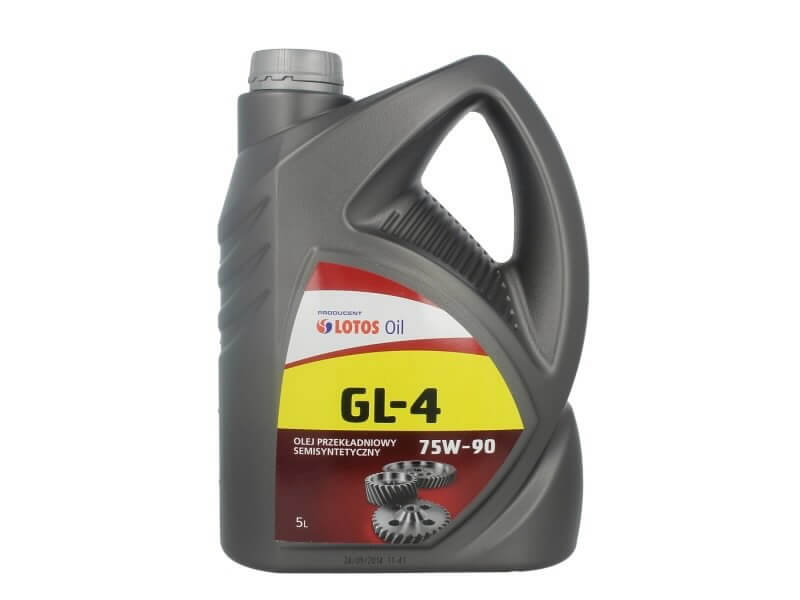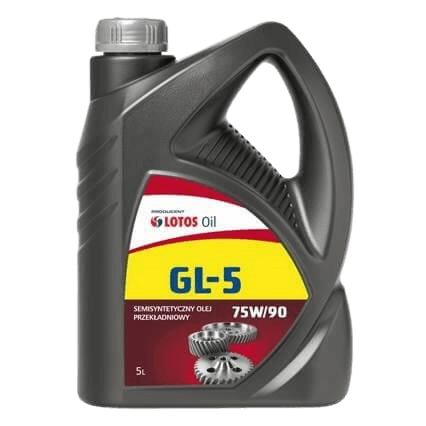Automobiles come in a wide range of oils, each of which is designed to complete a certain function. GL4 and GL5 gear oils are essential, especially for manual gearboxes and differentials, when it comes to the various available choices. On the other hand, there is one problem that regularly comes up: is it possible to use GL-5 gear oil as an alternative to GL-4? In this thorough exploration, we will inspect the specifics of GL-4 and GL-5 gear oils, understand their unique features, and determine their compatibility.
GL4 Gear Oil:
GL-4 gear oil is a specialized lubricant exactly made for manual transmissions and transaxles. Designed to perform well under operating conditions, its formulation aims to provide optimal lubrication and safety to gears and bearings. These components work together to ensure the longevity and efficient operation of elements in manual transmissions.

This carefully crafted method makes GL4 equipment oil versatile, finding applications in various areas of situations within the realm of manual transmissions. As we delve deeper into the world of gear oils, understanding the advantages of GL4 helps us make smart choices when it comes to keeping the crucial components of our vehicles well-lubricated.
GL5 Gear Oil:
GL-5 gear oil is made to meet higher demands, especially when it comes to protecting against extreme pressure (EP) and handling massive loads. It is commonly chosen to make use of hypoid gears, such as those in differentials and back wheels. These gears are put under a lot of pressure., and GL5’s sturdy components work properly in these situations. The increased amounts of EP additives in GL5 oils make them more capable of managing high pressure and protecting the gears from normal wear and tear.

However, because GL-5 oils contain more of these additives, they can sometimes be tough to use in certain situations. Even though these additives work better under high pressure, they may not be compatible with all gear materials or parts. In some situations, like when non-ferrous metals like brass or copper are used, the greater quantities of EP chemicals could harm or corrode the parts, impacting their performance and lifespan.
Even though GL-5 gear oil works perfectly in heavy-duty situations, you have to carefully consider the needs and factors of the equipment system before use. It is highly important to follow the manufacturer’s guidelines and requirements for the individual clutch or differential. This helps determine whether the gear materials can tolerate the increased EP chemicals present in GL-5 oil. By doing so, issues with alignment or damage to specific components can be avoided, ensuring that the equipment system functions effectively and endures for a long time.
Similar Posts:
- White Lithium Grease vs WD40
- Can I Use Grease Instead of Assembly Lube?
- Can You Lubricate the Timing Belt?
- Is Hub Oil the Same as Gear Oil?
What Is the Difference between GL-4 and GL-5 Gear Oils?
The main difference between GL-4 and GL-5 gear oils lies in their respective additive packages. GL-4 oils are carefully formulated to work flawlessly with yellow metal often found in manual transmissions. These synchronizers, often composed of materials like brass or bronze, require a unique set of additives to ensure clean operation and longevity. On the other hand, GL-5 oils might also include EP components that, while high quality in defending hypoid gears, can harm the yellow metals existing in synchronizers.
If you use GL5 in transmissions designed for GL4, it can lead to early wear and damage to synchronizers. The corrosive nature of EP components can weaken these essential parts, causing a decline in performance and a higher chance of transmission problems.
Conclusion:
It’s crucial to be careful and follow the manufacturer’s guidelines. The differences in additive packages between GL-4 and GL-5 gear oils make them suitable for different uses and overlooking these variations should lead to cause early wear and potential damage. Always seek advice from the vehicle’s guide and, if unsure, consult with a certified car expert to ensure the right choice of gear oil for optimum performance and durability of the transmission or differential.


![Can You Use GL5 Gear Oil Instead of GL4? [ANSWERED] Can You Use GL5 Gear Oil Instead of GL4?](https://carstale.com/wp-content/uploads/gl5-gear-oil-instead-of-gl4-1024x457.jpg)